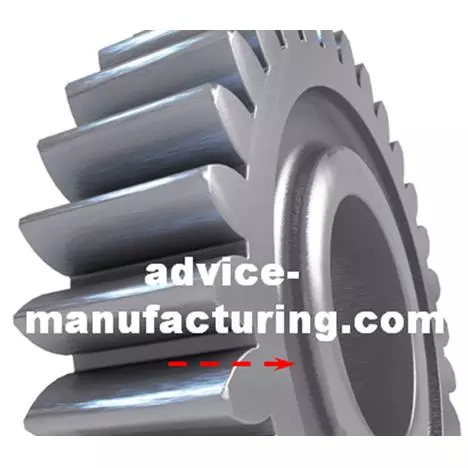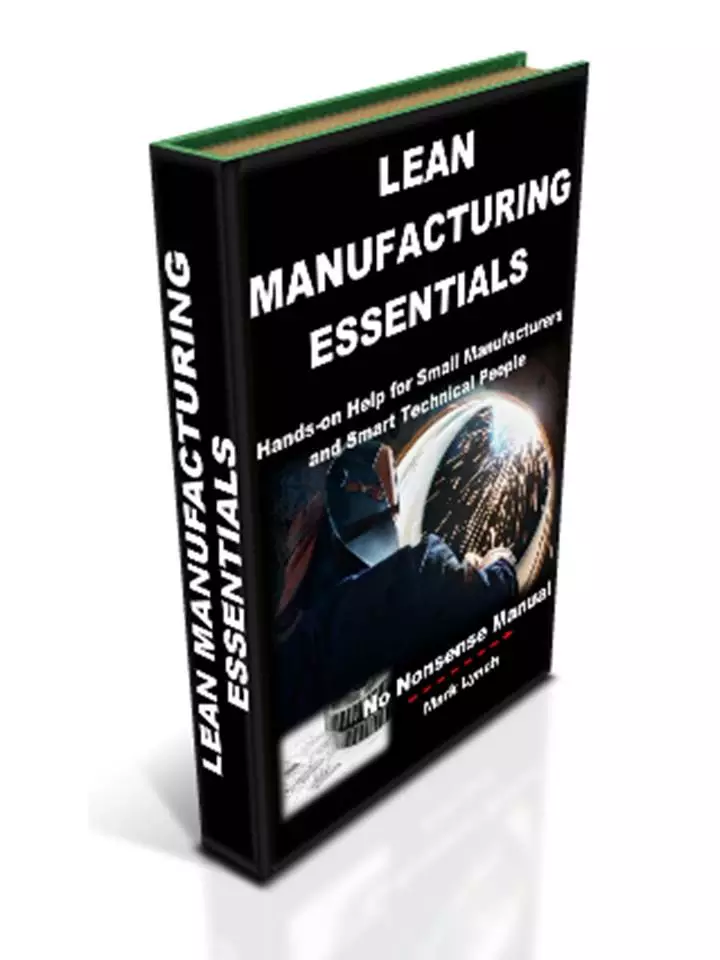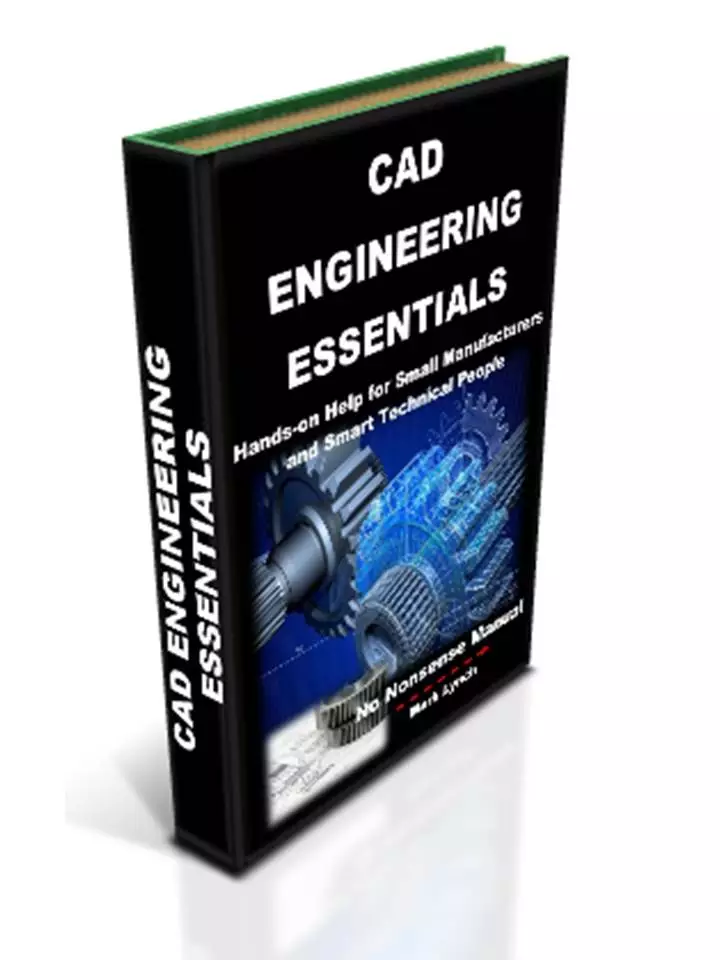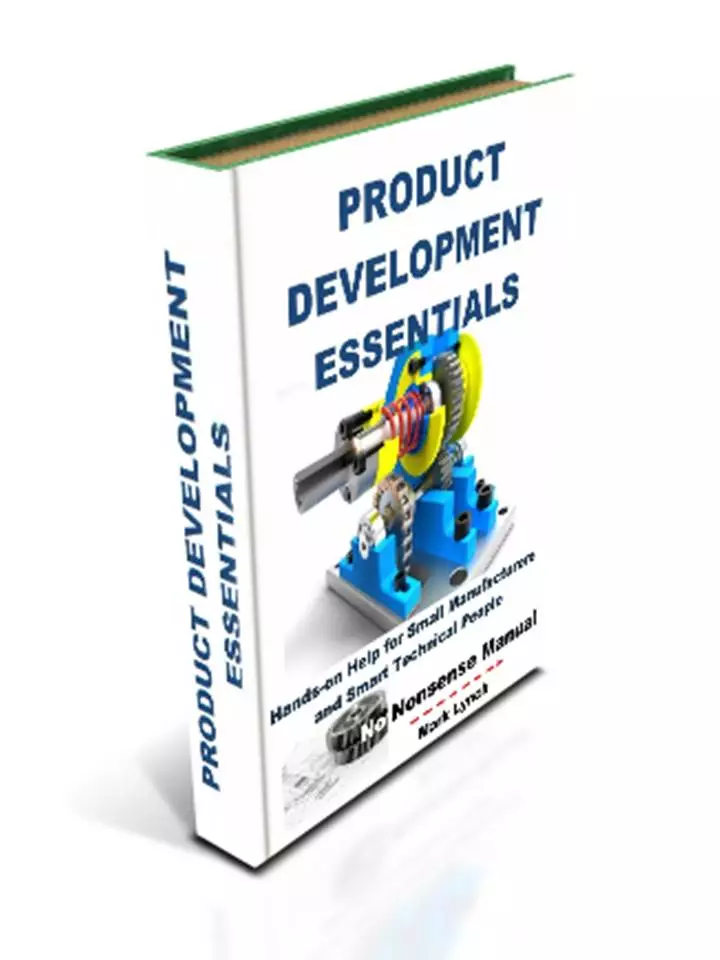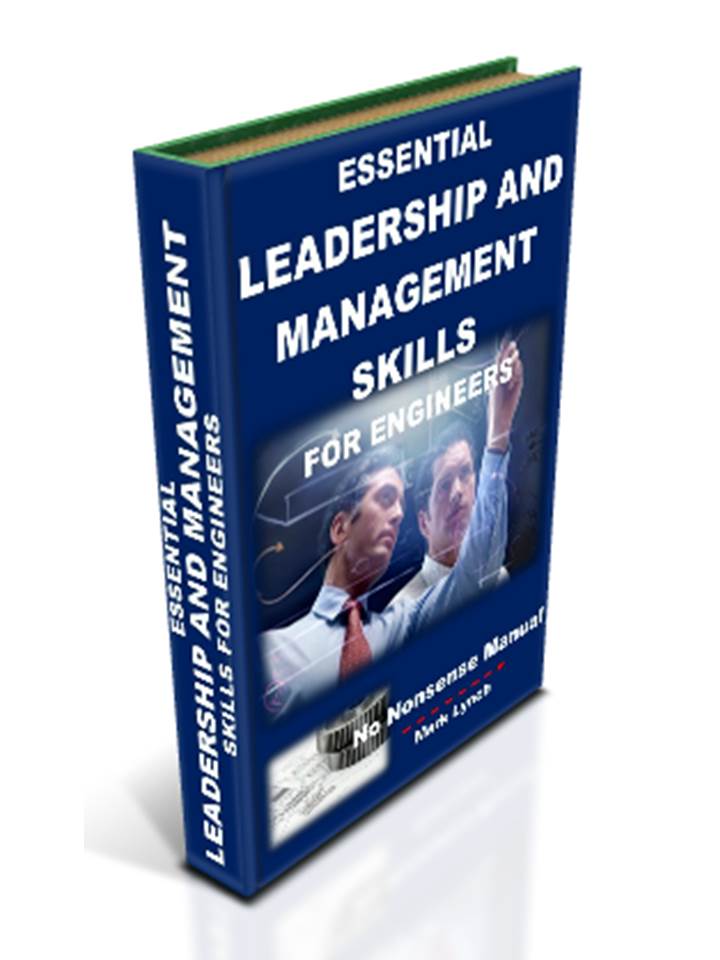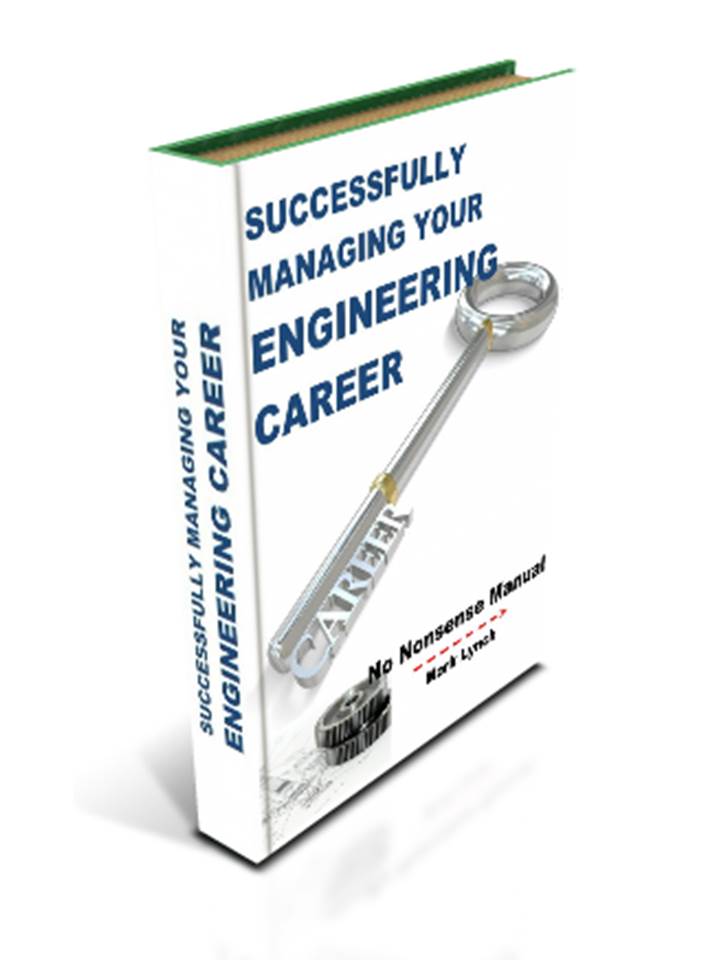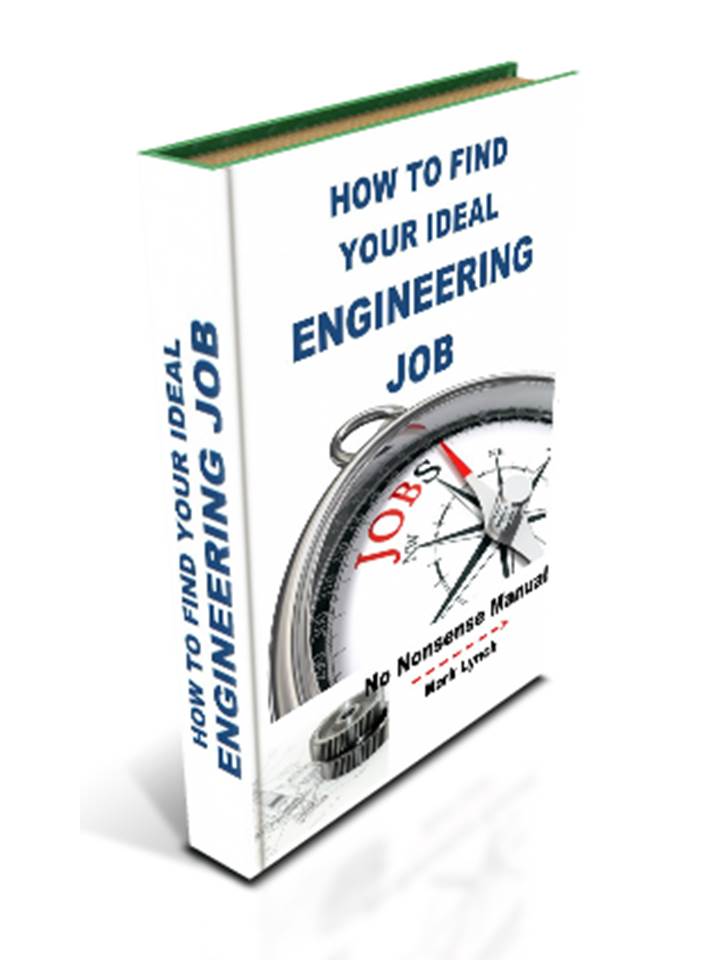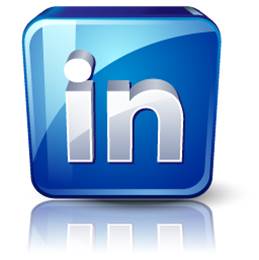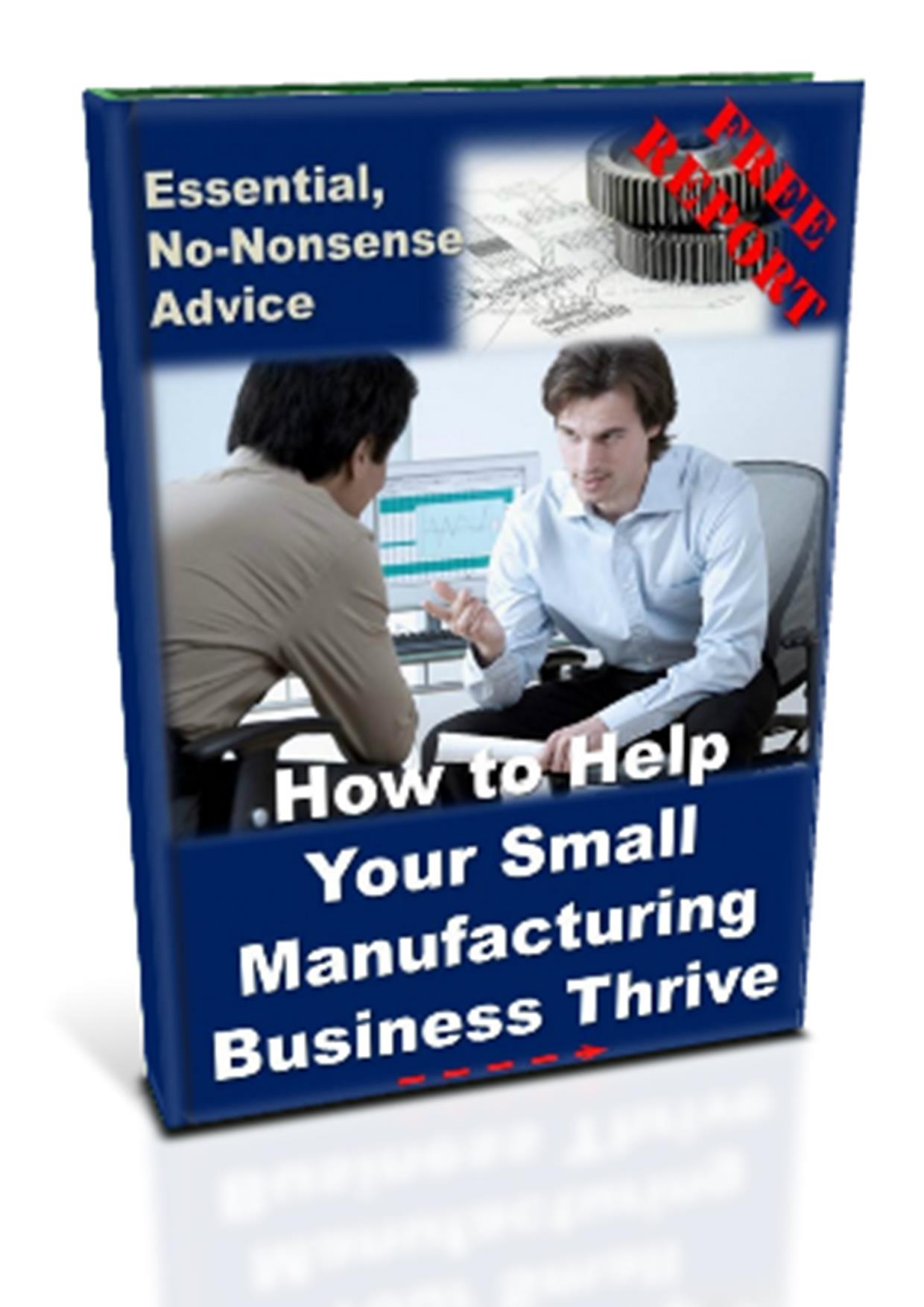'Hands-on Help for SMEs' and Smart Technical People'
How to Get the most from Engineering Magazines and Online Sources - Quickly and Conveniently
Career Management for Engineers
Try these ideas to obtain the range of advantages offered by engineering magazines and on-line technical information. Apply them quickly and conveniently, to suit your busy lifestyle.
- Every one of us has limited time - on the face of it, not enough time to go through magazines and online forums. So a great way to make the best use of it is to build methods into your day-to-day routines using the convenience of digital media. Use the web, social networks and mobile communication. Many of us browse, surf, blog and check details on our phones. Weave the sources of the information you need into this routine. Add the most relevant sites to your favourites; follow the best sources on twitter. Why just be passive when you can be proactive by replying and contributing to debates?
- Ensure you maintain a professional network of people within your industry sector. Many will be at your current organisation, however if possible try to stay in touch with useful people at your previous companies. Include suppliers and customers. Talk and actively listen to people who do things differently and are knowledgeable about industry trends and product news.
- Make a real effort to attend meetings, conferences and events about new ideas and cutting edge concepts. Once there, make the best use of your time by using a targeted list to talk to people that matter.
- Whenever you get an opportunity, talk to people about ideas and concepts related to your profession; push yourself to do this. The subjects you have in common are an excellent ice breaker and cut across any differences in status. In addition, many technical people are most happy when talking about their chosen subject. Please see Networking for more.
- Consider joining at least one professional engineering institutions (please see section on Professional Engineering Institutions). Select ones which are representative of your technical discipline and also your industry sector. The organisation will almost definitely publish a journal, probably a traditional engineering magazine, as well as a digital version available on-line. Make an effort to read it – institution publications are an invaluable source of keeping up to date. Why not get involved in some of the events and activities to extend your networking circle.
- Read technical and industry journals and engineering magazines (more later). These publications supply a wealth of information and subscription is often free. Typically, completion of an online form is all you need to subscribe.
- Develop a simple folder system to capture information relevant to you. Follow this straightforward idea to rapidly get the info you require from journals, and so stop the build-up of a pile of engineering magazines on the corner of your desk:
- When you get a engineering magazine and have 60 seconds, quickly go through it page-by-page. Turn the top left hand corner of any sheet with a headline or feature that interests you.
- When you have more time, get a pen and speed-read the pages you’ve highlighted. Use the pen to circle or cross-hatch paragraphs or phrases of interest. Make notes or comments applicable to you and your projects. Then scribble the page number on the front cover.
- Go through the engineering magazine covering each page of interest in this way. Using this method you can cover pages as and when you have a spare moment or the whole magazines if you have the time. Breaking down your journal pile in bite-sized-chunks like this makes it far more manageable (and less likely to simply be thrown away and therefore potentially missing out on the useful information inside).
- Once complete use a knife and quickly, yet carefully, cut the pages out you’ve marked up. The list of pages on the front cover speeds this up.
- Finally, add the pages into a lever-arch folder. You may want to place the pages in (used?) plastic wallets to protect them.
- Get organised and develop a simple method of storing and accessing useful digital information. This is likely to consist of product and service literature and interesting articles applicable to your work. Files will automatically be stored in alpha-numeric order so data is easy to search and retrieve.
- Create a digital folder. Copy and paste articles on blank Microsoft Word pages, before storing them as files within the folder. Also download PDFs and other digital flyers in your folder.
- Pro actively use the internet to discover more about industry news and trends. Not only is the web the quickest and most convenient method of speedily obtaining interesting information, data can also be copied and pasted into your own files to form an on-line technical library.
- Use both your digital and lever-arch folders for reference material for future work, including projects, research and decision making.
- For reports or business cases, get in the habit of making qualified statements backed up with quotable credible sources. Your reference folders give you that information source at hand. It complements the more general web-searches we all have access to, providing a more targeted specific source of information, relevant to your particular business, role and career development.
Next... Distinct Career Advantages of Reading Widely - Magazines and Online
Back to Your Career Management
Based on your experience, what’s the Single Best Piece of Advice you’ve heard for a Great Engineering Career?
Have you had an inspirational coach, mentor or manager? Knowing what you know now, what’s the single most effective piece of advice you’d give to a young engineer coming through now?
